|

|
|
The available database comprises research projects in Fisheries,
Aquaculture, Seafood Processing and Marine Biotechnology active in the time period 2003-2022.
BlueBio is an ERA-NET COFUND created to directly identify new and improve existing ways of bringing bio-based products and services to the market and find
new ways of creating value from in the blue bioeconomy.
More information on the BlueBio project and participating funding organizations is
available on the BlueBio website: www.bluebioeconomy.eu
|
|
|
|

|